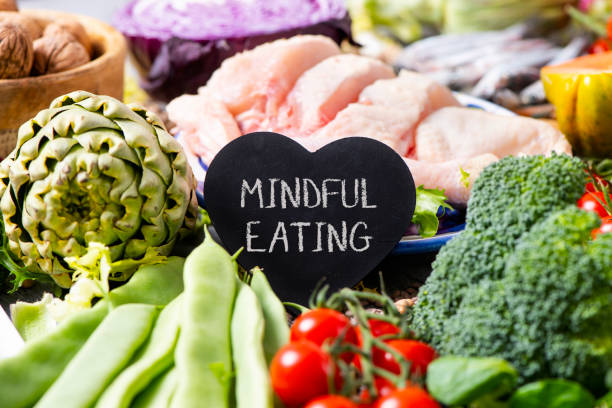Heart-Healthy Foods: Nourishing Your Arteries and Boosting Cardiovascular Health
A balanced diet rich in heart-healthy foods is essential for maintaining cardiovascular health and protecting your arteries. By incorporating the right nutrients into your meals, you can significantly reduce the risk of heart disease and promote overall well-being. Let's explore some of the best foods for heart health and how they contribute to keeping your arteries in top condition.

Which types of fish are best for heart health?
Fish, particularly fatty fish, are excellent sources of heart-healthy nutrients. Salmon, mackerel, sardines, and tuna are rich in omega-3 fatty acids, which have been shown to reduce inflammation, lower blood pressure, and decrease the risk of heart disease. These fatty acids can help prevent the buildup of plaque in your arteries and reduce the risk of dangerous blood clots. Aim to include at least two servings of fish in your weekly meal plan to reap the cardiovascular benefits.
How do fruits and vegetables contribute to artery health?
Fruits and vegetables are powerhouses of heart-healthy nutrients. They are packed with vitamins, minerals, and antioxidants that help protect your arteries from damage caused by free radicals. Berries, for example, are rich in flavonoids that can help lower blood pressure and reduce the risk of heart disease. Leafy greens like spinach and kale are excellent sources of nitrates, which can improve the function of your blood vessels. Cruciferous vegetables such as broccoli and Brussels sprouts contain compounds that may help prevent the buildup of plaque in your arteries.
What role do whole grains play in heart health?
Whole grains are an essential component of a heart-healthy diet. They are rich in fiber, which can help lower cholesterol levels and reduce the risk of heart disease. Oats, quinoa, brown rice, and whole wheat products are excellent choices. The fiber in whole grains can help control blood sugar levels, reduce inflammation, and promote a feeling of fullness, which can aid in weight management – another important factor in heart health. Additionally, whole grains contain various vitamins and minerals that support overall cardiovascular function.
Are nuts and seeds beneficial for your arteries?
Nuts and seeds are nutrient-dense foods that offer numerous benefits for heart and artery health. They are rich in healthy fats, protein, fiber, and various vitamins and minerals. Walnuts, for example, are particularly high in omega-3 fatty acids, while almonds are a good source of vitamin E, an antioxidant that helps protect your arteries from damage. Flaxseeds and chia seeds are also excellent sources of omega-3s and fiber. Including a variety of nuts and seeds in your diet can help lower bad cholesterol levels, reduce inflammation, and improve the overall health of your arteries.
How can you incorporate heart-healthy foods into your diet?
Incorporating heart-healthy foods into your diet doesn’t have to be complicated. Start by making small changes and gradually increasing the proportion of these foods in your meals. Here are some practical tips:
-
Replace refined grains with whole grains in your meals
-
Include a serving of fatty fish in your weekly meal plan
-
Snack on a handful of nuts or seeds instead of processed snacks
-
Add more colorful fruits and vegetables to your plate at each meal
-
Use olive oil for cooking and dressing salads
-
Choose lean proteins like poultry, fish, and legumes more often
-
Experiment with new recipes that feature heart-healthy ingredients
By consistently choosing foods that support heart health, you can significantly improve the condition of your arteries and reduce your risk of cardiovascular disease. Remember that a balanced diet, combined with regular exercise and a healthy lifestyle, is key to maintaining optimal heart health.
This article is for informational purposes only and should not be considered medical advice. Please consult a qualified healthcare professional for personalized guidance and treatment.






